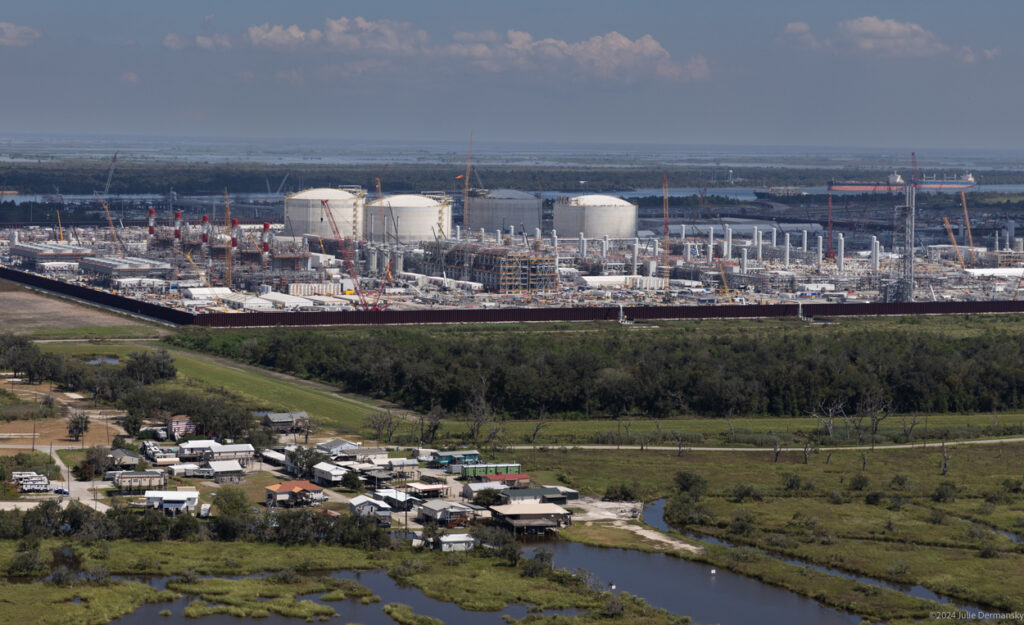The McKinsey Institute has released a new report finding that a $170 billion annual investment from now to 2020 could cut projected global energy demand in half and also get us halfway to solving the climate crisis.
Here’s the kicker, on top going a long ways to reducing greenhouse gas emissions, the overall savings would from reduced energy use would be $900 billion by 2020 and none of the energy efficiency measures would require compromising the consumer’s comfort or convenience. And all this could be done with existing energy efficiency technology.
The McKinsey Report suggests three main areas need to be targeted for energy efficiency
1. Set energy efficiency standards for appliances and equipment
2. Finance energy efficiency upgrades in new buildings and in remodels
3. Raise corporate standards for energy efficiency
Sounds simple. Let’s get started today.
Subscribe to our newsletter
Stay up to date with DeSmog news and alerts







